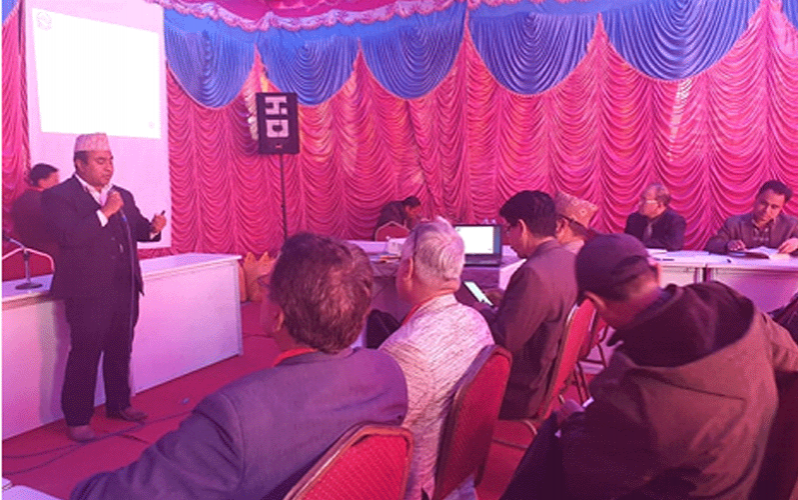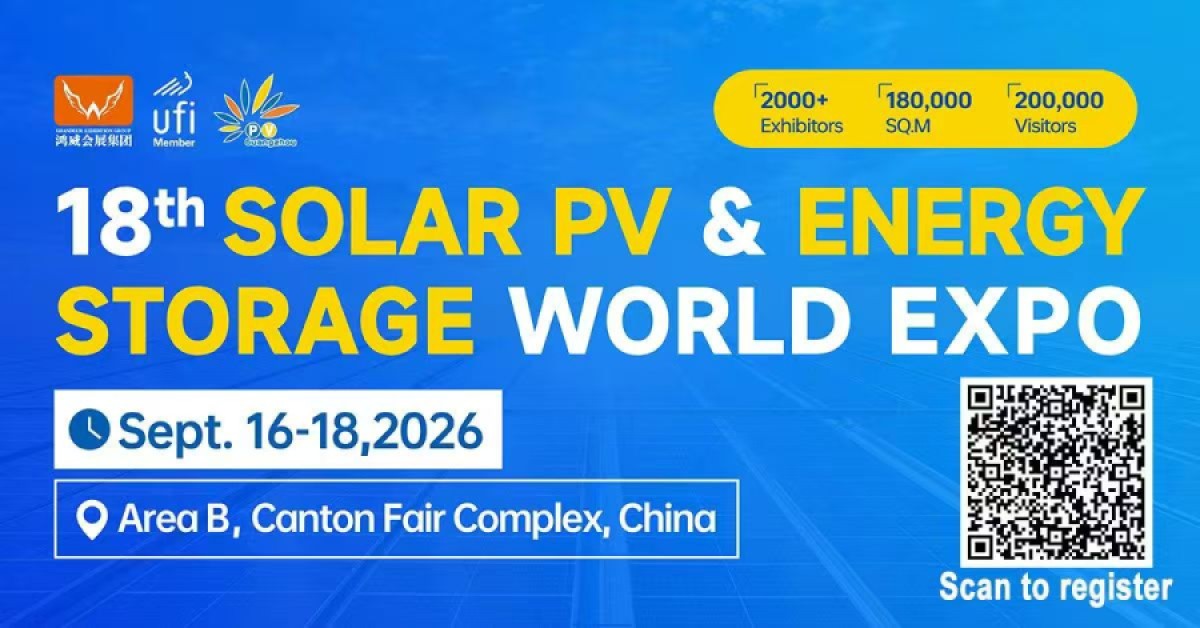
Renewable Energy Confederation of Nepal (RECON) has been putting efforts on sensitizing RE experts, entrepreneurs, professionals, academia, policy makers, financial institutions and concerned stakeholders on promotion of RETs for socio-economic sectors RE for Individual HHs/ Communities, Agriculture, Education, Health services, Micro - Small - Cottage industries, Industries, Transportation and many more. On realising the important role of RETs in Environment, Climate Change, Gender, Social inclusion issues, economical activities and growth; the Confederation has been conducting similar events and raise concerns on its outcomes to concerned authorities. Federation of Nepalese Cottage and Small Industries (FNCSI) and RECON had MoU signed to work together on use of RETs for micro - small - cottage industries. FNCSI, the national organisation of 35,000 micro - small - cottage industries including 11,000 women led enterprises is willing to work with RECON for easy and better access to renewable energy technologies to the industries spread in the nook and corners of the country. They need to utilise RE for low cost operation of their industries using local resources and adopt advanced technologies that causes no harm, promote automation, environment friendly and efficient. FNCSI is playing vital role in national level policy formulation and implementation including its primary focus on protection and promotion of rights of micro, cottage and small industries in Nepal. To bridge the gap of gender disparities and streamline the efforts of women entrepreneurships, FNCSI has provision of Women Entrepreneurs Committees (WECs) at Central, Province and District levels. Currently Central Women Entrepreneur Committee has a largest network of women entrepreneurs from 60 districts in Nepal. FNSCI organised “15th International Industrial Trade Fair & Cottage Industry Festival and 3rd Organic Agro Expo - 2019" from 7th to 11th, March 2019 at International Exhibition Centre, Bhrikutimandap, Kathmandu where some industries from India, Bangladesh, Pakistan, Sri Lanka and China showcased their products. RECON, on the occasion, considered to catch up and interact with the exhibitors from different parts of the country and abroad to exchange knowledge on introducing renewable energy technologies to MSCIs. The occasion was also a gathering of FNCSI central level leaders and office bearers to discuss on the subject matter. The took place was participated in by FNCSI central level leaders and office bearers, representatives of district level FNCSI units, exhibitors, AEPC officials, RECON executive members and representatives of Solar Electric Manufacturers Association Nepal, Solar Thermal Association Nepal, Centre for Rural technology Nepal (CRT-N) and consortium partners of Green and Inclusive Energy Programme (GIE Nepal Project). RECON firmly believes that intra regional trade can play a pivotal role in strengthening economies, and open up soft processes of coordination in integrating renewables into enterprise development as well which over the time can be keys to resolving issues of less carbon production and health risk due to smokes and health hazard do. Adopting renewables is essential to increase qualitative production of such industries in a sustainable manner. This will have increased usage of locally available resources, mobilise raw materials and manpower thus reducing cost of production, increasing employment opportunities attracting and help retain youth in the country. It will be profitable to entrepreneurs by creating inter sectoral SCP among different parties. The major goal is to empower communities in mobilising locally available resources to promote indigenous art, craft and food delicacies ensuring economic opportunities by linking local producers with domestic and international market; exploring possibilities of getting better prices for the local products through value addition, packaging and channelling into high end markets focusing its effort on rural livelihood, nature and environment, art and culture, differently abled and youth engagement. Mr. Krishna Prasad Devkota, Executive Committee Member of RECON welcomed the gathering. He expressed the relevancy of RECON - FNCSI collaboration in creating access of clean energy to MSCIs all over the country. The focus should be on off-grid locations to replace use of traditional fuel. Energy generated by micro hydropower plants, solar pv plants. Healthy working environment, reduction in fuel cost and increase of productive are the results to reap out, he added explaining the experience of some places in the country. FNCSI central committee President Shyam Prasad Giri said that renewable energy technologies should be available to MSCIs at their work place. So as electricity generated by micro hydro schemes or Solar PV systems or supplied through the national grid could be utilised well. The technology may be better utilised if capable MSCIs install systems for their own use and spill over be sold to neighbourhood or to the national grid system. Mr. Sundar Bahadur Khadka, Sr. Officer at Alternative Energy Promotion Centre (AEPC) through power point presentation explained the technical and financial support offered by the centre and procedure to work with AEPC to this effect. He also explained that mini-grid programmes the centre is implementing will be helpful to this regard. Mr. Kiran Gautam, President of Solar Electric Manufacturers Association Nepal expressed the view that solar pv systems are affordable and technology has been simplified these days so MSCIs can get electricity some solar pv systems. Likewise, Mr. Dinesh Babu Tiwari, Vice President of Solar Thermal Association Nepal said that Solar thermal technology can help agro-based MSCIs to make scientific, hygienic and cost effective. FNCSI IPP Mr. Suresh Pradhan, FNCSI Vice President Mr. Surya Bahadur KC, participants from different district also put queries where the RECON side experts and professionals responded well. Dr. Pushottam Shrestha, Sr. Director at CRT-N also spoke on the importance of RETs for MSCIs while the technologies contribute to upgrade the living of working people including women, unserved communities, poor, disables and so on as well. The programme was conducted as part of Green and Inclusive Energy Nepal Programme (GIE Nepal Project) which has been coordinate by CRT-N as a leading partner of the consortium. RECON, NEFEJ, NACEUN, IAPHF and Practical Action Nepal are the consortium partners of the project.




